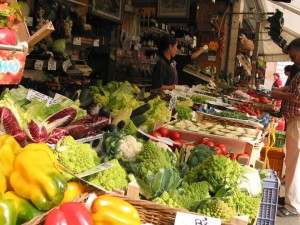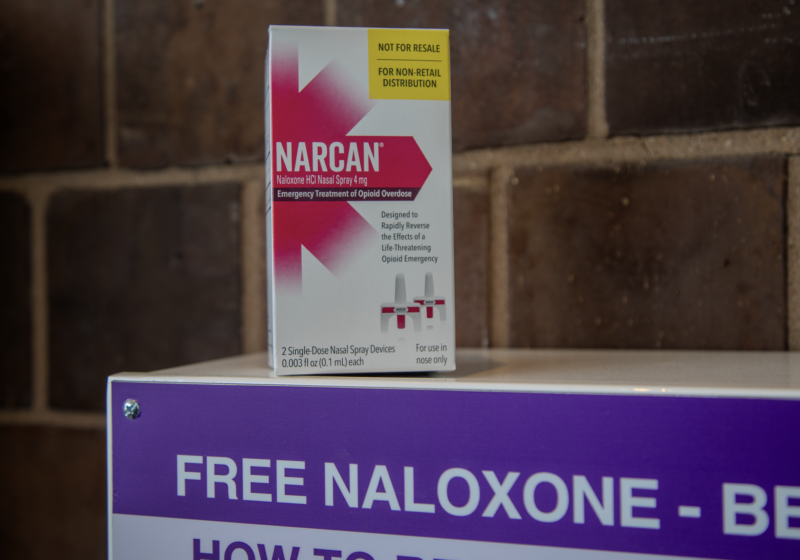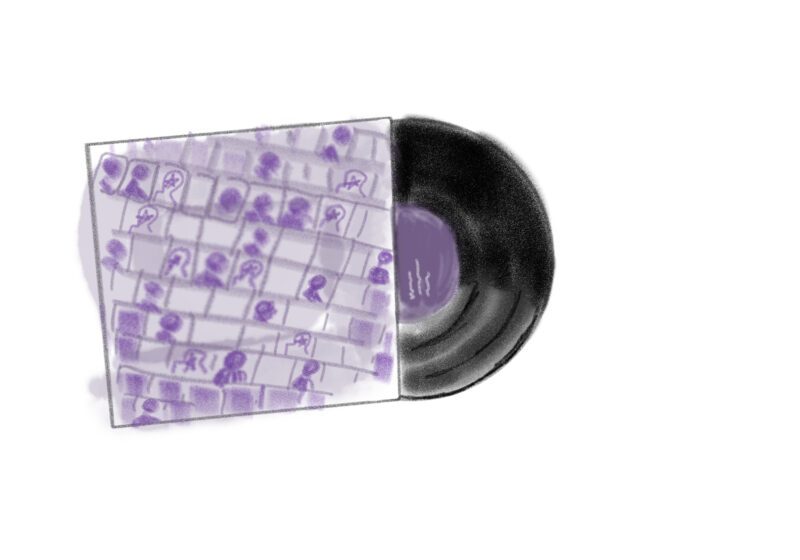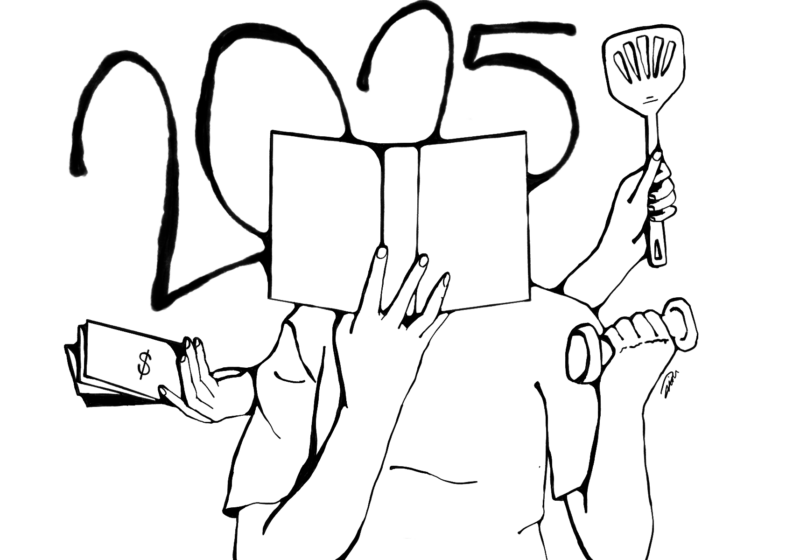Some people choose to be herbivores, and others are omnivores — but sprouting up here and there over the past few years are locavores. It’s as straightforward as it sounds. According to the Merriam-Webster dictionary, it means “one who eats foods grown locally whenever possible,” a word first coined in 2005. The Rochester community has certainly caught on, having held the first Rochester LocaFest in Genesee Valley Park during September of 2010. For UR students, it should be easy to meet the criteria of a locavore, considering 25 percent of food purchased by Dining Services is local. Better yet, Rochester’s Public Market won the 2010 America’s Favorite Farmers Market contest.
Though in special cases it is arguable that local food may be more or less environmentally friendly depending on how it is grown and packaged, purchasing local food is an undeniably important way to support the community and to cut down on fossil fuels used for transportation. Most locavores define local as within a 100-mile radius and look outwards if need be. However, while Dining Services strives to find vendors as close to home base as possible, they consider all products of New York State to be local.
But who are these locals exactly? And how far across New York does the UR stretch? Genesee Bakery & Deli, whose products are found all around the campus, is only five minutes down the street from the University, conveniently nestled on Mt. Hope Ave. Another true Rochester vendor is Zweigle’s, who serve the official hot dogs of the Buffalo Sabres, Rochester Amerks, Rochester Rhino and for over 50 years, the Rochester Red Wings.
Students who dig coffee — or more precisely, function on it — are not at a loss. Joe Bean Coffee Roasters was founded in 2007 and is located in Webster, N.Y., only 16 miles away from UR. Joe Bean purchases its coffee through a coffee-roasting cooperative that works directly with small coffee farmers. These include farms located in Ethiopia, Guatemala, Rwanda, Sumatra, Mexico, Colombia, and Brazil. They not only purchase organically certified coffee, which in turn is usually shade grown, but Joe Bean Roasters is Fair Trade certified.
Moving westward, we find Sun Orchard, a company that packs and ships 500,000 cartons of apples annually and represents around 60 family owned apple farms throughout the region. Of course, if you ever drink milk on the UR campus, you will be familiar with Upstate Farms. More formally known as Upstate Niagara Cooperative, Inc., their products are sources from about 390 N.Y. State dairy farms.
Another prominent vendor, but not the last of them is Saranac, a brewery that constantly strives to be environmentally friendly. Besides recovering the carbon dioxide during fermentation and reusing it when carbonating soft drinks, they recycle 100 percent of their used grains by selling them to N.Y. State farmers.
Many of those vendors will be featured during Local Foods Week at the UR, between April 18 and the 21. From the Eat Well Live Well fair to the Saranac Beer Dinner, it is a time for the vendors to shine. Held once a semester, Local Foods Week celebrates the relationship between the University and the surrounding community. For UR students who want to live the life of a locavore, this is the perfect time to begin.
Goldstein is a member of
the class of 2013.





